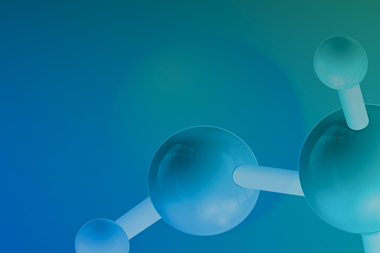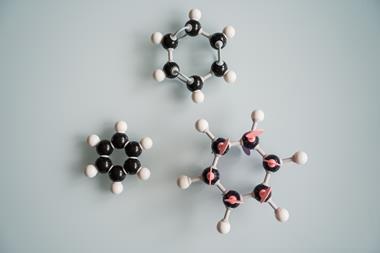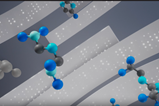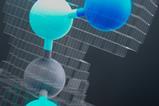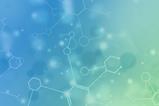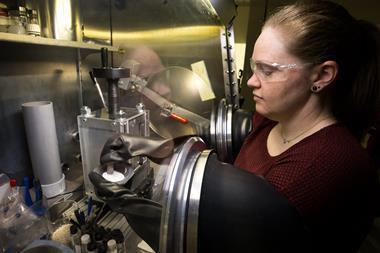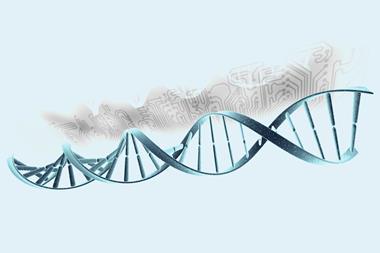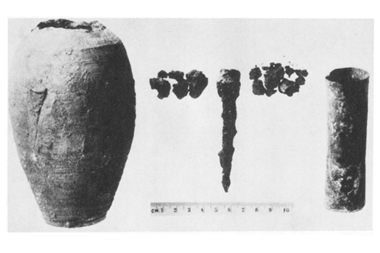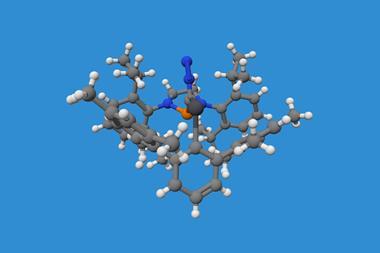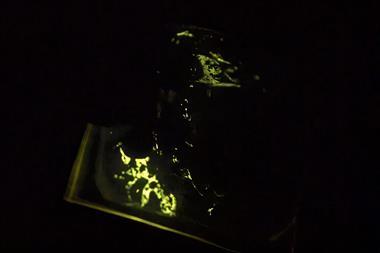With a new generation of cloud HPC and AI tools, computational chemistry and materials science is scaling and accelerating R&D efforts that could address some of our world’s toughest challenges. While there are few concrete examples of computational discoveries that have been validated experimentally, a shift is finally starting to take place.
In this special session, Microsoft share some of their latest updates, including how a collaboration with Pacific Northwest National Laboratory is demonstrating methods to accelerate scientific discovery for energy storage solutions. Together, the teams have been able to discover and synthesise a material that shows potential for resource-efficient batteries in less than nine months. We explore how advancements in HPC and AI are accelerating the next frontier of scientific breakthroughs, in turn compressing the next 250 years of chemistry into the next 25.
By watching this webinar, you will:
- Learn how cloud-based high-performance computing and artificial intelligence can scale and accelerate discovery in materials science.
- Explore one of Microsoft’s latest computational discoveries that was accelerated using Azure Quantum Elements.
- Find out how Microsoft collaborated with Pacific Northwest National Laboratory to discover and synthesise a material to advance sustainable energy-storage solutions.
- Discover how industry innovators adopted Azure Quantum Elements to transform their research and development.
Our guest speaker
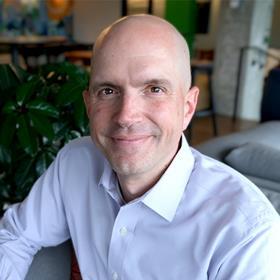
Nathan Baker

Microsoft enables digital transformation for the era of an intelligent cloud and an intelligent edge. Its mission is to empower every person and every organisation on the planet to achieve more. Microsoft introduced Azure Quantum Elements as a comprehensive system that empowers researchers to make advances in chemistry and materials science with unprecedented scale, speed, and accuracy. With it, organisations can accelerate scientific discovery and bring innovative products to market more quickly and responsibly. For more information, visit the Azure Quantum Elements page or sign up to learn more about the Private Preview.

